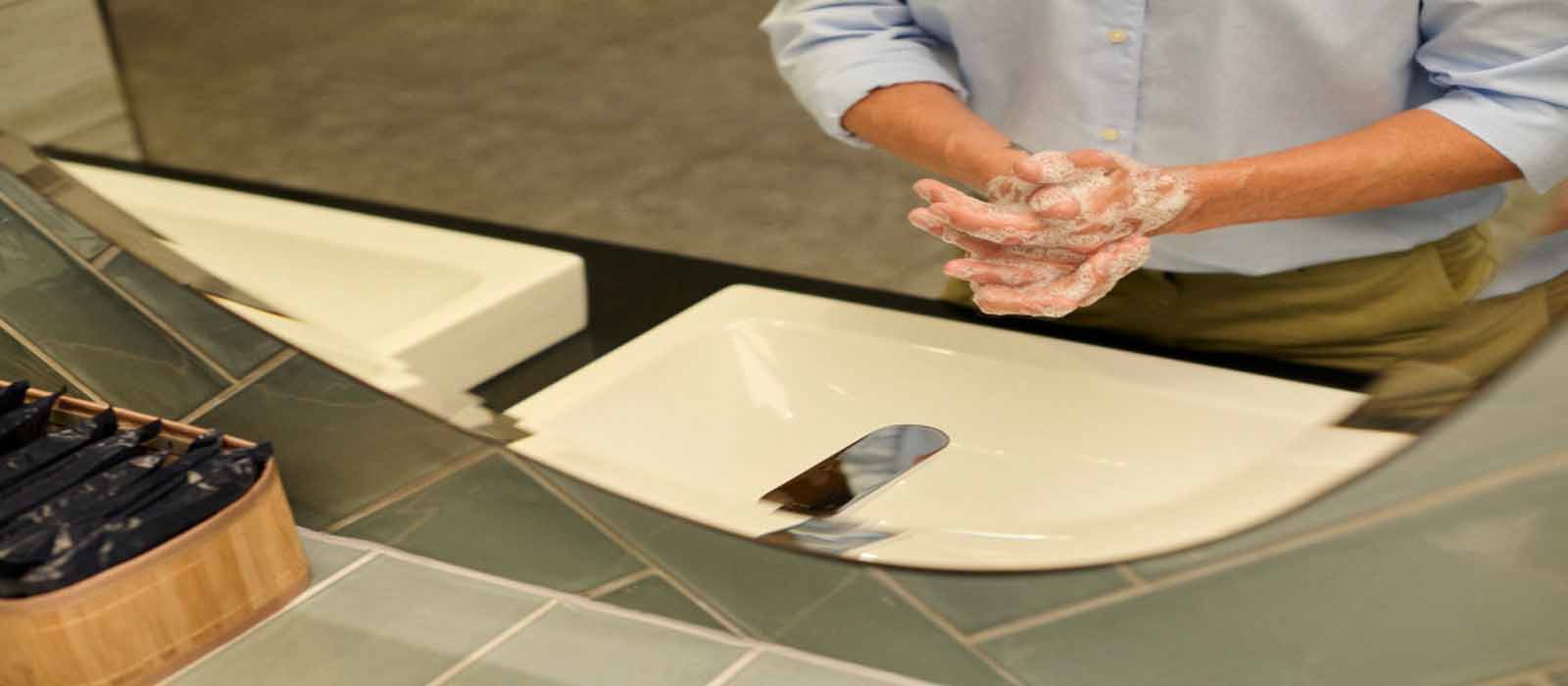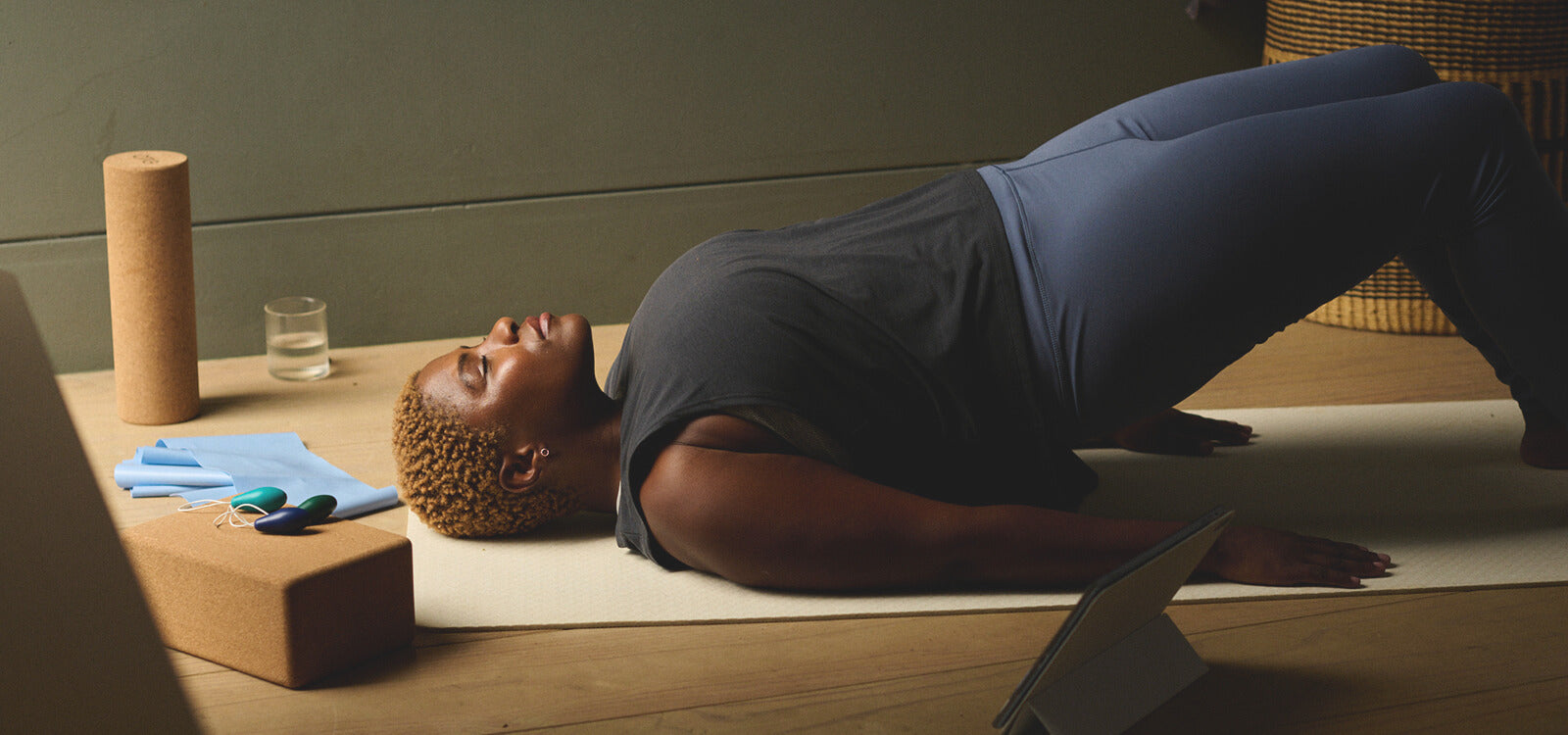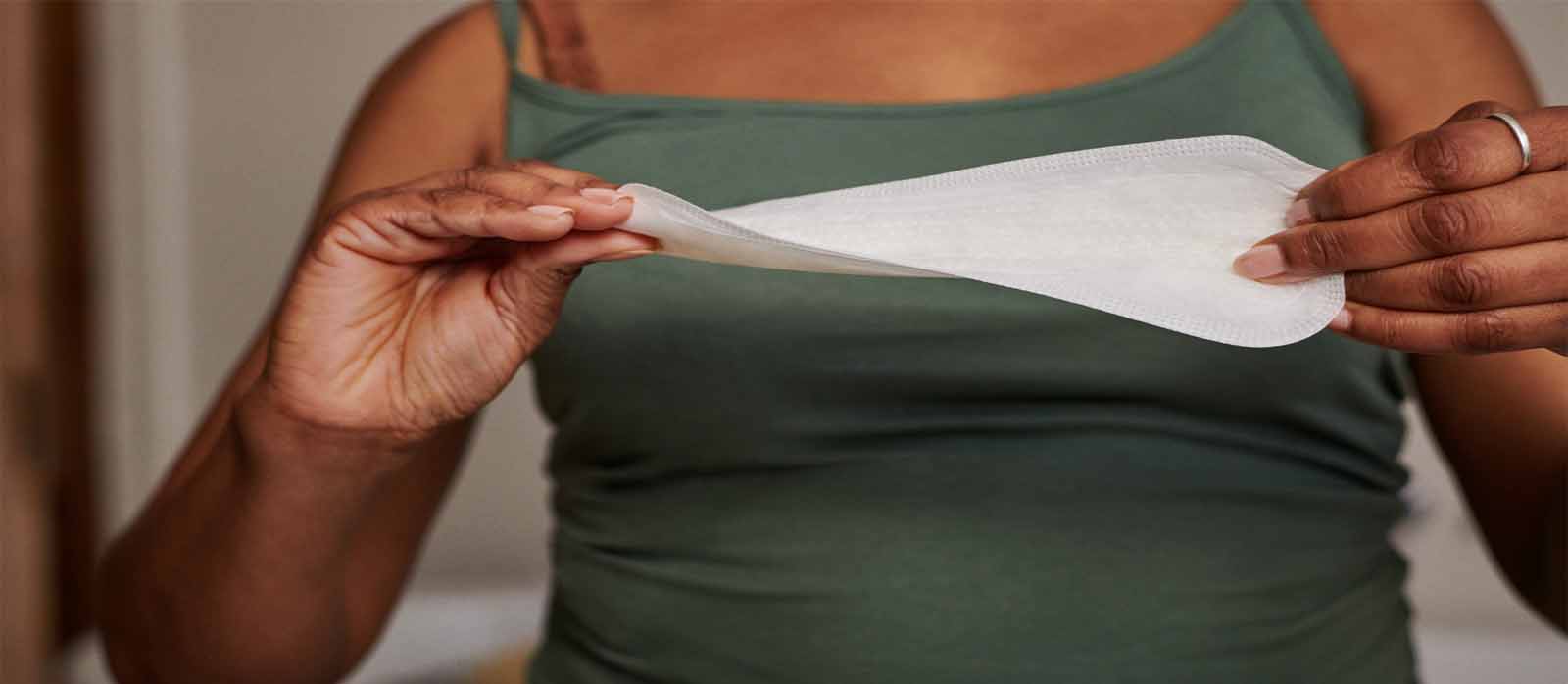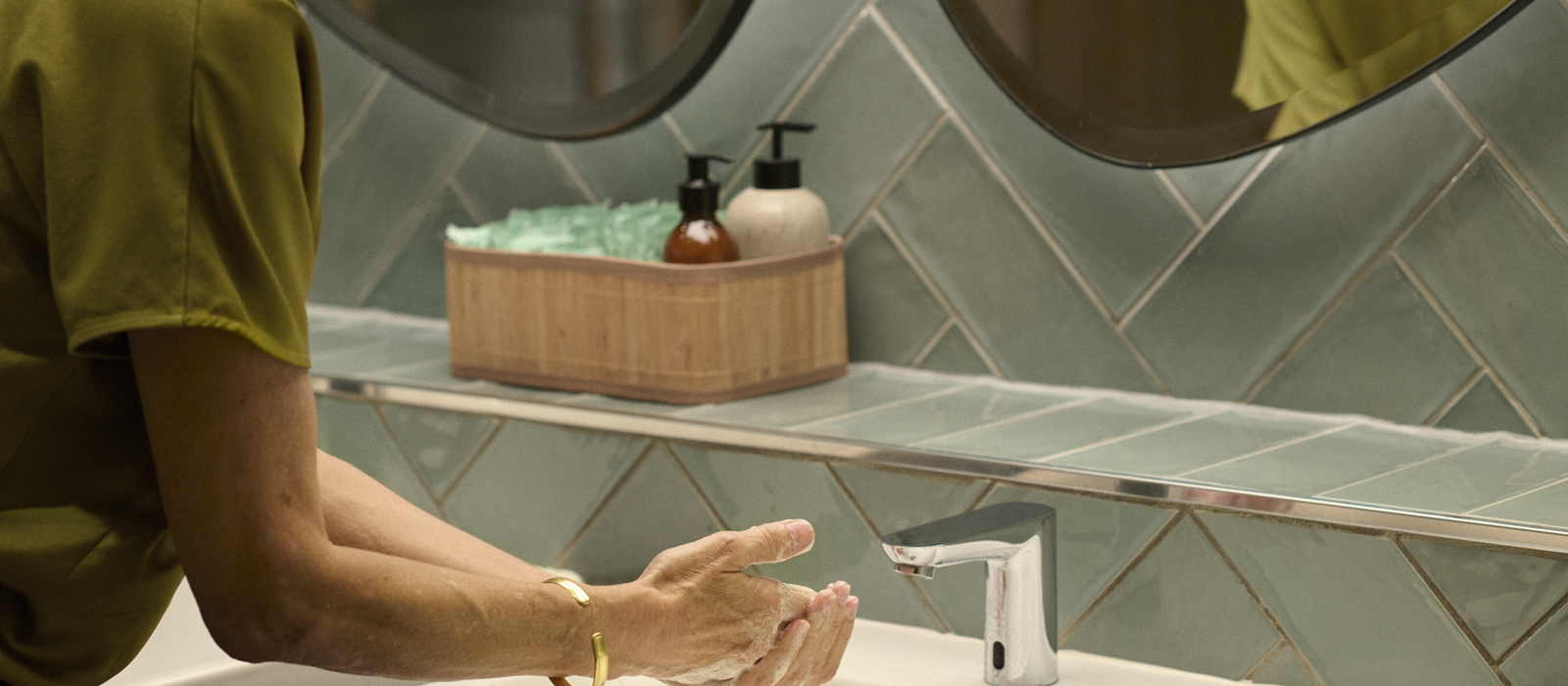Jun 06, 2025
When we think about the dangers of smoking, the lungs and heart usually come to mind. But what about the bladder? It’s a lesser-known target that deserves more attention, especially if you’re already dealing with urinary issues.
Lighting up a cigarette doesn’t just impact your breathing. It can also lead to uncomfortable bladder problems. Let’s unpack how.
How Smoking Affects Bladder Health
Smoking can irritate and weaken your bladder over time due to a combination of factors. Firstly, chemicals found in cigarettes inflame the bladder lining, making it more sensitive and prone to urge incontinence. Over time, this can cause bladder control problems.1 Secondly, smoking often leads to chronic coughing which increases pressure on the pelvic floor muscles that support the bladder. This extra strain can worsen incontinence and lead to more frequent leaks.1
The Connection Between Smoking and Bladder Irritation
Nicotine and other chemicals like tar in cigarettes don’t just irritate your lungs, they can also inflame the lining of your bladder.1 This irritation can make the bladder more inflamed and sensitive, leading to symptoms of an overactive bladder, like increased frequent urination or sudden urgency and even discomfort when urinating.1
For people with overactive bladder or other urinary conditions, smoking can make symptoms worse. The bladder is surprisingly sensitive, and those tobacco toxins don’t do it any favors.
Can Smoking Cause or Worsen Incontinence?
Yes, smoking can play a major role in both causing and worsening incontinence. It’s linked to both stress incontinence (bladder leaks when you cough, laugh, or exercise) and urge incontinence (a sudden, intense need to go).1
Nicotine may overstimulate the bladder muscles, while years of smoking-related coughing can put extra strain on your pelvic floor. Even if you're already managing incontinence, smoking can make those symptoms harder to control.
Why Chronic Coughing Can Lead to Bladder Leaks
Smoking often leads to a chronic cough, and that constant pressure on your abdomen and pelvic floor adds up.1 Over time, repeated coughing weakens the muscles that help control your bladder.1 When those muscles lose strength, even a small sneeze or giggle can lead to unexpected leaks. This is why quitting smoking is an important step not just for your lungs, but for your bladder too.
Learn more about the causes of incontinence.
Other Urological Risks Associated with Smoking
It’s not just your lungs and bladder that take a hit; smoking can also mess with your whole urinary system. Over time, those harmful chemicals can increase your risk of bladder cancer and frequent urinary tract infections (UTIs).1
Learn more about preventing bladder infections
Think of it this way: everything you inhale eventually gets filtered through your body, and your bladder ends up holding onto some of the damage.
What Happens When You Quit Smoking?
Here’s the good news: your body wants to heal. And once you quit smoking, it absolutely can. You might not feel a huge difference overnight but give it time. Slowly but surely, your bladder symptoms can start to improve, and you’ll likely feel better overall.1 Not only that, but you’ll reduce your risk of heart disease, lung cancer and respiratory issues.1 It’s one of those decisions your future self will thank you for.
Improvements in Bladder Control
One of the first things you might notice after quitting is less coughing, and that’s a big win for your bladder. Without all that pressure from chronic coughing, your pelvic floor muscles get a bit of a break, which can mean fewer leaks and better control. Over time, the bladder lining can recover too, and you may have fewer overactive bladder symptoms.1
Just remember, healing takes time, so be kind to yourself along the way. Progress is still progress, even if it’s slow.
Supporting Bladder Health Beyond Quitting Smoking
Even if you’re not ready to quit smoking just yet (or if you’ve already quit), there’s still a lot you can do to support your bladder health. And you don’t have to do it alone. While you focus on making positive changes, TENA is here to help you manage the day-to-day with confidence.
Check out our range of products designed with comfort and discretion in mind:
Women’s Light Incontinence Products
Remember that you’ve got options and you’re not alone on this journey.
Lifestyle Changes That Make a Difference
Here are a few everyday habits that can really help:
- Maintain a healthy weight. Less weight means less pressure on your bladder.2
- Cut back on caffeine and alcohol. Both drinks can irritate your bladder.2
- Do those pelvic floor exercises. Yep, Kegels are your friend.2
- Keep an eye on fluids. Staying hydrated is key but try not to overload your bladder late at night.2
And if you’re not sure what’s best for you, don’t hesitate to reach out to your doctor or a healthcare provider. Personalized advice can go a long way in helping you manage symptoms and feel more in control.
FAQs
Can smoking really cause bladder leakage?
Yes, it can! Smoking can trigger bladder leakage in a couple of ways. Firstly, the chemicals (especially nicotine) in cigarettes can irritate your bladder and increase urgency.1 Secondly, that classic smoker’s cough puts a lot of pressure on your pelvic floor muscles, which can lead to leaks over time, especially when laughing, sneezing, or exercising.1,2
Does quitting smoking improve bladder control?
Absolutely. Once you stop smoking, the chronic coughing often settles down, which gives your pelvic floor a break. Over time, your bladder lining can also start to recover, and you may notice fewer leaks, less urgency, and even fewer bladder infections.1
Is nicotine itself bad for the bladder?
Yes, nicotine isn’t just addictive, it also irritates the bladder lining.1 Smoking also causes harmful chemicals to collect in the urine, which also raises your risk of bladder cancer.3
Are smokers more likely to get bladder infections?
They are. Smoking increases your risk for urinary tract infections, which further worsens bladder problems.1
How long does it take to see bladder improvements after quitting smoking?
Everyone’s timeline is a little different, but some people start to notice less coughing and better bladder control within a few weeks. More noticeable improvements, like fewer leaks and stronger pelvic muscles, may take a few months. Be patient with your body and know that each step forward is a win.
References
1. Bellingham Urology Group. ‘The link between smoking and an overactive bladder’. 2023. Available from: https://www.bellinghamurologygroup.com/post/the-link-between-smoking-and-an-overactive-bladder
2. NHS. ’10 ways to stop leaks’. 2023. Available from: https://www.nhs.uk/conditions/urinary-incontinence/10-ways-to-stop-leaks/#:~:text=Stop%20smoking,on%20your%20pelvic%20floor%20muscles.
3. Urology Associates. ‘How smoking affects five urologic conditions’. 2017. Available from: https://www.denverurology.com/urology-blog/urologic-conditions-and-smoking/






































































































